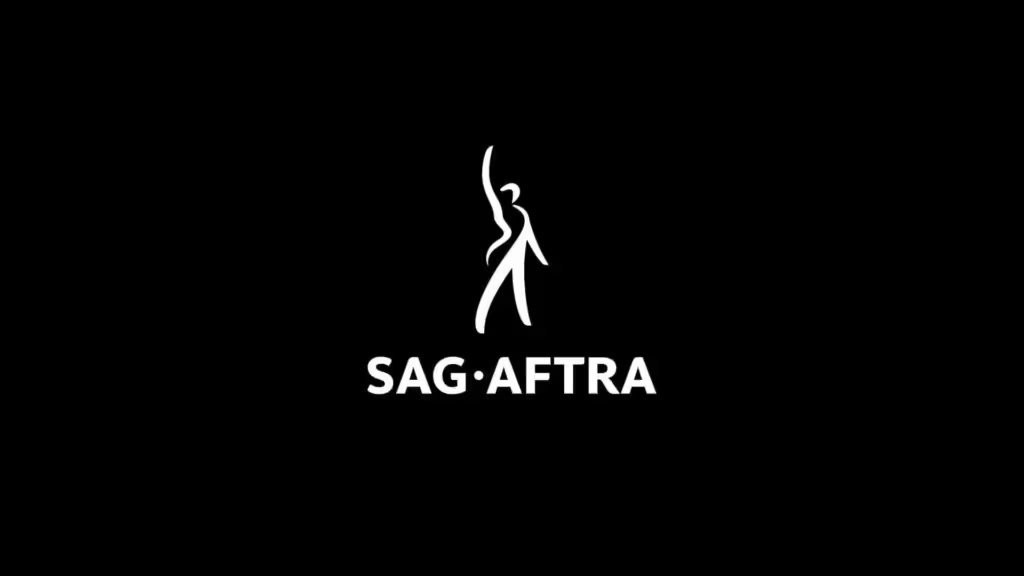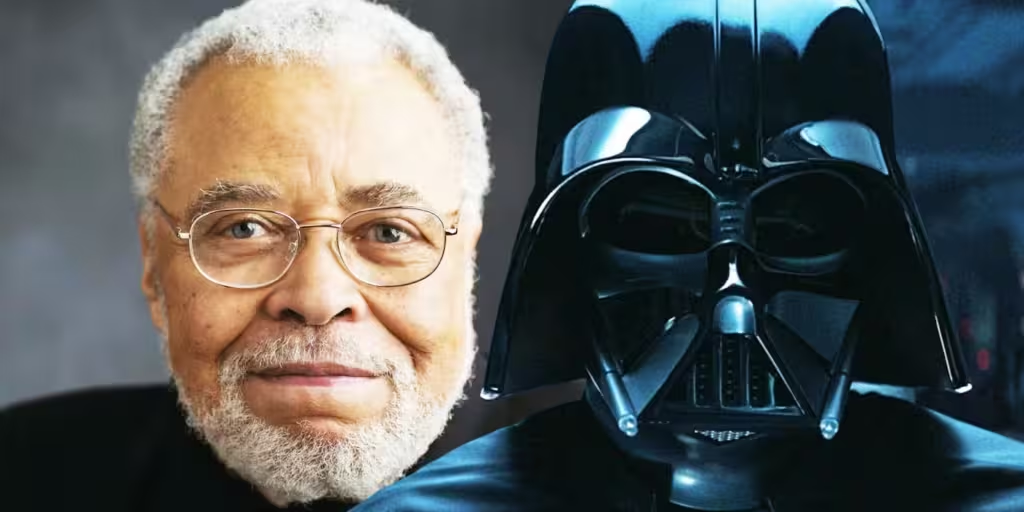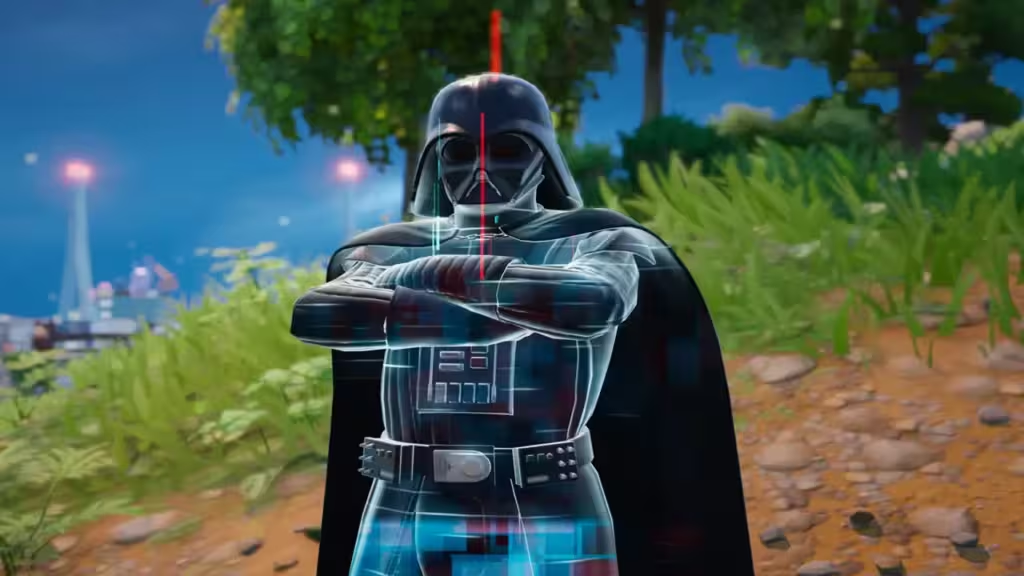7 Minutes
Fortnite Brings AI to the Forefront: The Rise of AI Characters in Gaming
If you’ve been following the latest news about Fortnite updates in the digital gaming world, you’ve likely heard about the introduction of an AI-powered Darth Vader. This cutting-edge artificial intelligence not only perfectly mimics the iconic voice of James Earl Jones—the celebrated actor behind Darth Vader—but also brings new levels of interactivity and immersion to the popular battle royale game. Players can team up with AI Darth Vader during battles, benefiting from his skills and dynamic, responsive entertainment throughout each match. However, this technological leap has also ignited heated debates and legal headaches for Epic Games, Fortnite’s developer.
The Players Behind the AI Controversy: Epic Games vs. SAG-AFTRA
Before diving into the controversy, it’s important to understand the stakeholders. Epic Games, known for pushing boundaries in game development and digital entertainment, introduced the AI Darth Vader as part of its commitment to innovation. But on the other side stands SAG-AFTRA—the Screen Actors Guild‐American Federation of Television and Radio Artists. As the premier organization defending the rights of performers in the U.S. entertainment sector, SAG-AFTRA has been advocating since 2023 for comprehensive regulation and oversight of AI use in media and games.

The union’s concerns are not unfounded. While the rapid advancement of AI technologies has been nothing short of extraordinary, it also raises significant ethical and legal challenges. The core of the Fortnite dispute began with fears about the unauthorized use and digital replication of celebrity voices and likenesses in video games and virtual worlds.
The Perils of AI-Created Performances
One of SAG-AFTRA’s primary worries centers on the misuse of AI to recreate, impersonate, or even parody famous actors and voice artists. In today’s digital age, powerful AI tools can now simulate the speech patterns, mannerisms, and even the personalities of well-known figures with minimal effort. This opens up not only new creative possibilities but also potential risks of exploitation and harm to the reputation and legacy of real artists.
Epic Games’ use of an AI-generated Darth Vader, complete with the legendary vocal stylings of James Earl Jones, has become the poster case for what’s possible—but also what can go wrong—when AI is unleashed in the entertainment industry.
The Heart of the Dispute: Where Did Epic Games Go Wrong?
A common misconception is that SAG-AFTRA objects to AI technology itself, or that the union opposes the digital preservation of classic pop culture characters. In reality, SAG-AFTRA publicly welcomed the notion that future generations could experience the art and talent of legends like James Earl Jones through AI-powered recreations. The heart of the union’s criticism lies in how Epic Games implemented these features, and more crucially, how players interacted with AI Darth Vader in open, unsupervised gaming environments.

From Tech Innovation to Social Backlash
After the launch of the AI Darth Vader in Fortnite, the internet quickly filled with viral clips—some of them showing the digitally replicated Dark Lord making inappropriate or comedic remarks, a far cry from the gravitas fans associate with the original character. This highlighted the double-edged sword of AI: as AI characters rapidly adapt to user input, they can be made to say or do almost anything, for better or worse. For many, including SAG-AFTRA, this crossed a line, jeopardizing not just intellectual property but the enduring artistic contributions of real people.
The proliferation of such content online raises complex questions: Where does homage end and disrespect begin? While some see these AI-powered shenanigans as harmless fun—and even as a way to keep legendary voices alive—others argue that they trivialize or even undermine the genuine work and legacy of artists like James Earl Jones.
The Lack of Pre-emptive Agreements: A Legal Vacuum
Another dimension to the controversy is the legal gray area around AI-generated content. Epic Games did not consult or establish a formal agreement with SAG-AFTRA regarding the use of Darth Vader’s iconic voice and persona in AI form. This was partly because AI technology moves so fast that regulatory frameworks often lag behind. However, SAG-AFTRA argues that proper negotiation and the creation of baseline rules for using actors’ digital likenesses are critical to preventing potential infringements—both legal and moral.

This lack of proactive oversight could have far-reaching implications. In response, the U.S. National Labor Relations Board (NLRB) is poised to investigate whether the rights—especially artistic and labor rights—of individuals connected to the use of AI characters in Fortnite have been violated. Such inquiries may reveal deeper legal issues around AI’s role in digital entertainment, signaling a new era of regulation and accountability for the video game industry.
AI Innovation in Gaming: Game-Changer or Existential Threat?
The debate surrounding AI in games like Fortnite fundamentally reflects your perspective on digital innovation. Many technology enthusiasts and gaming professionals see AI as a thrilling new frontier. Imagine an open world where every NPC is powered by advanced artificial intelligence, capable of unique, unscripted interactions based on your every move. This could unlock a truly immersive RPG experience—letting players converse with characters in ways limited only by imagination.
Expanding Product Capabilities and Use Cases
AI in gaming offers a wealth of features: adaptive enemy and ally AI, real-time voice synthesis, highly personalized storylines, and the ability to revive beloved pop culture icons for new generations. Compared to static, pre-recorded dialogue traditionally used in games, AI-driven characters continually evolve, challenging players in new and unpredictable ways. This dynamic content creation could give studios a competitive edge in a fast-evolving market.
But At What Artistic Cost?
Yet, this technological leap comes with a dark side. The same AI tools that can revive a voice or personality may soon make voice actors and even performers obsolete in digital entertainment. If industry trends continue and investment in AI research accelerates, the replacement of human artistry with generative AI could happen much sooner than many expect. Some fear this may eventually reduce digital entertainment to soulless, hollow experiences—erasing the irreplaceable value of genuine human creativity.

Market Relevance: The Global Impact on Digital Entertainment
As the gaming industry continues to grow, especially in Europe and markets like Lithuania, the impact of generative AI on both content creation and consumption will be profound. Studios searching for innovation and engagement are under pressure to adopt the latest digital tools, while unions and creators increasingly call for ethical boundaries and protective legislation. This push-pull is mirrored in Fortnite’s ongoing legal saga, which may determine future global best practices for blending AI and entertainment.
Comparing AI-Driven and Traditional Gaming Experiences
AI-powered gaming is redefining the player experience. Traditional games rely on pre-scripted actions and dialogue, while AI-driven characters allow for unlimited, organic interaction. This enhancement brings both advantages and challenges:
- Advantages: Enhanced immersion, infinite replayability, dynamic worlds, and accessibility for new talent and legendary icons alike.
- Challenges: Risk to artistic authenticity, legal ambiguity, possible exploitation, and public backlash from unions and fans.

Is AI a New Dawn or a Curse for the Gaming Industry?
There’s no easy answer. The promise of AI opens new storytelling frontiers and gameplay possibilities that could revolutionize digital worlds. Yet, if unchecked, it could also undermine the core artistic values that make gaming culturally meaningful. The Fortnite situation is not an isolated incident; it may only be the beginning of a much deeper transformation within the gaming and digital entertainment ecosystem.
Looking Ahead: Where Do You Stand?
The ultimate question is one of values: Do you welcome the rapid advance of artificial intelligence in gaming, thrilled by the prospect of ever-personalized experiences and revived legends? Or do you prefer to preserve the artistic heart of video games, safeguarding the irreplaceable contributions of human creators? As debates rage on and legal frameworks evolve, one thing is clear—Fortnite’s bold use of AI is only the beginning of a complex, ongoing conversation shaping the future of how we play, create, and remember.


Comments